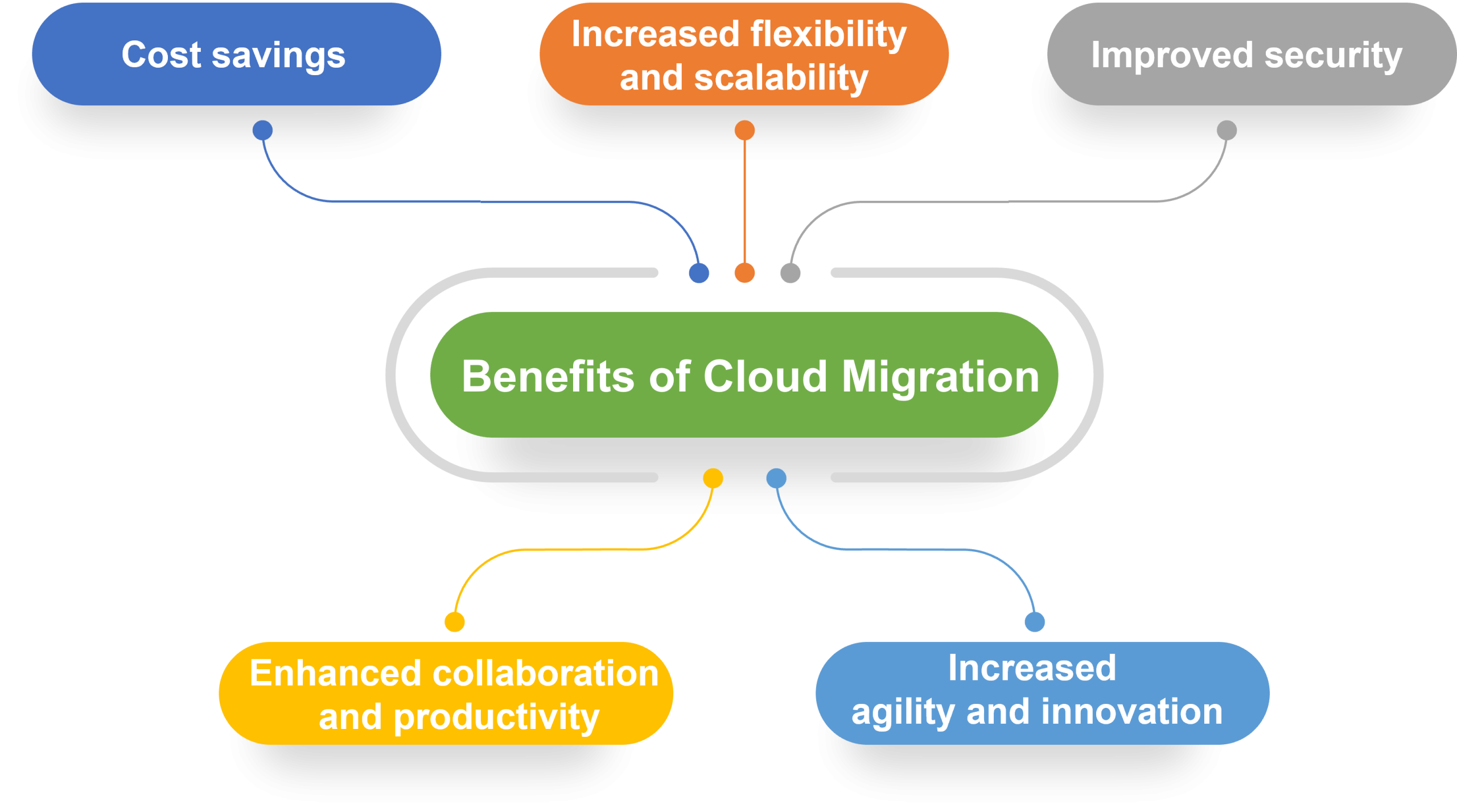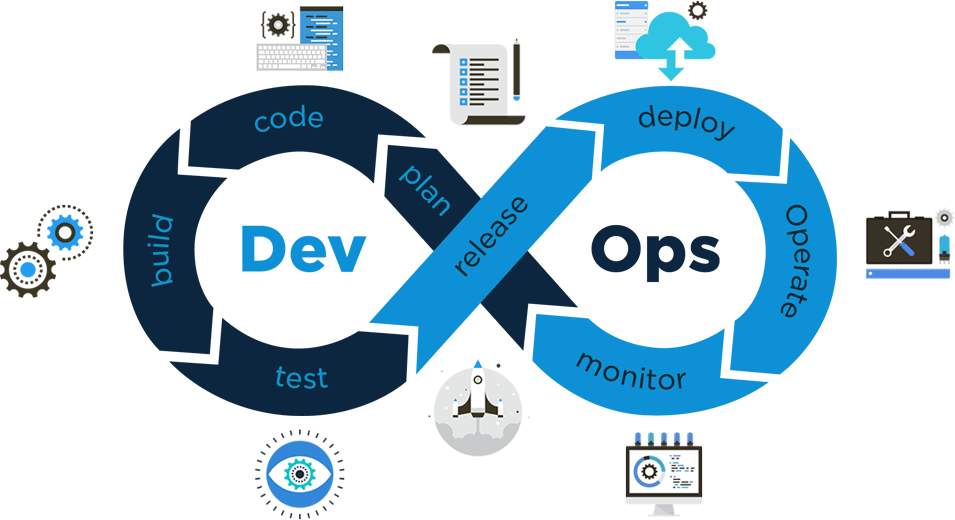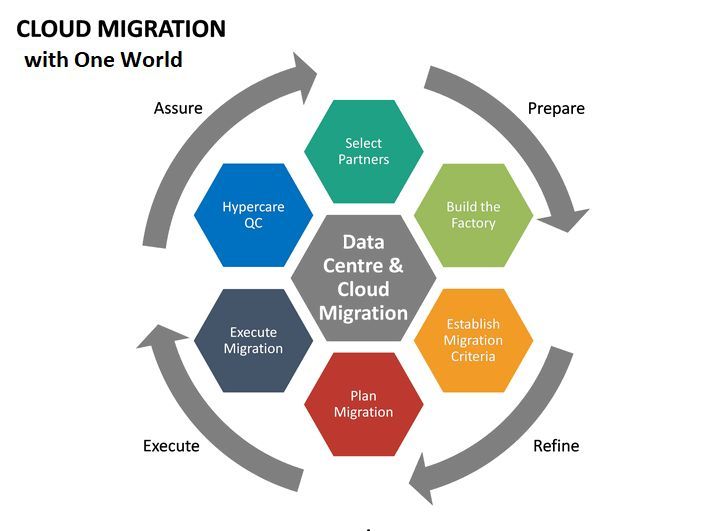What is Data Engineering? Paving the Way for Intelligent Analytics

Introduction
Data has emerged as the lifeblood fueling the engine of enterprises in the dynamic field of technology, where growth is distinguished by the unrelenting march of innovation. It is the driving force behind decision-making processes. However, a key player – Data engineering – lies at the heart of this seamless integration and translation of data into valuable insights. It guarantees the mobility of data by arranging its movement via sophisticated pipelines, working in the shadows of algorithms and interfaces. This discipline is the infrastructure architect, methodically constructing the paths that guide raw data from disparate sources to a harmonized state, ready for analysis.
As we embark on this journey, we will delve into the depth of data engineering, uncovering the complexities that have positioned it as the key to paving the way for intelligent analytics.
About Data Engineering
The process of creating, implementing, and managing the architecture, tools, and systems for collecting, storing, and analyzing data is referred to as data engineering. It serves as the backbone of the system, linking numerous data sources, processing raw data, and preparing it for consumption by data scientists, analysts, and decision-makers. Data engineering serves as the foundation for powerful data analytics and business intelligence solutions.
Pillars of Data Engineering
1. Data Collection and Ingestion: Data engineering begins with the collection of raw data from diverse sources. Structured data from databases, unstructured data from sources such as social media, and real-time streaming data are all examples. Data engineers use specific tools and frameworks to provide a smooth and fast ingestion process, which serves as the foundation for downstream processes.
2. Data Storage: Once acquired, data requires a place to live. Data engineers create and execute storage solutions that meet the unique requirements of various datasets. These storage systems are the warehouses of information, geared for accessibility, scalability, and performance. They range from traditional relational databases to current data lakes and warehouses.
3. Data Processing and Transformation: Raw data in its native form is rarely ready for analysis. Data engineers are responsible for processing, purifying, and manipulating data to refine it for analytical reasons. Handling missing information, correcting discrepancies, and transforming data into a standardized format appropriate for further analysis are all part of this process.
4. Data Integration: In a world where data is frequently dispersed across multiple systems and platforms, data integration is critical. Data engineers combine data from many sources to provide a cohesive view. This integration enables a thorough study, offering a comprehensive insight into an organization’s operations.
5. Data Modeling: Structure is required to make sense of data. Modeling approaches are used by data engineers to organize and define relationships between various data pieces. This structured approach guarantees that the data is organized in a way that meets the analytical and reporting needs of the organization.
6. Data Security and Governance: As concerns about data privacy and regulatory compliance grow, data engineers play an important role in creating strong security measures. To protect sensitive information, encryption, access controls, and audit functionality are used. They also provide governance structures to assure data quality, lineage, and compliance with industry standards.
The impact of data engineering
1. Facilitating Informed Decision Making:
Data engineering enables organizations to make educated decisions by laying the framework for clean, organized, and accessible data. Executives and decision-makers may rely on reliable and timely information, resulting in more strategic company decisions.
2. Facilitating Advanced Analytics and Machine Learning: Data engineering serves as a facilitator for data scientists and analysts, supplying them with the well-organized, high-quality data needed for advanced analytics and machine learning. This guarantees that data-driven insights become a reality rather than a possibility.
3. Creating a Catalyst for Innovation: As firms continue to recognize the potential of data, data engineering becomes a catalyst for innovation. The capacity to harness and exploit data for actionable insights enables firms to stay ahead of the competition, adapt to market changes, and drive innovation in their particular industries.
The Significance of Data Engineering in Intelligent Analytics
When we explore data engineering’s multifaceted contributions, the vital role it plays in the dynamic landscape of intelligent analytics becomes even more obvious.
1. Data Science Empowerment:
The delicate labor of data scientists is at the heart of modern analytics. Their ability to build and improve machine learning models is dependent on the availability of high-quality, well-organized data. Here, data engineering emerges as the unsung facilitator, ensuring that data scientists have access to the correct data in the right format. This strategic support enables data scientists to focus their skills on model building and improvement rather than the challenges of data integration and cleaning.
2. Real-time Analytics: In today’s fast-paced corporate climate, the timely delivery of insights might be critical to success. By enabling the seamless processing of streaming data, data engineering takes center stage. This skill enables firms to make informed decisions on the fly, which is especially important in industries like banking, healthcare, and e-commerce. Timely information, made possible by data engineering, can be the deciding factor in a competitive market.
3. Scalability and Performance: A company’s growth trajectory invariably results in an exponential increase in data volume. Data engineering steps in with scalable solutions designed to accommodate the increasing data load while maintaining performance. Data engineers guarantee that systems can scale horizontally by leveraging distributed computing frameworks or cloud-based services. This versatility is critical in managing the changing demands of a growing dataset, laying a solid foundation for long-term corporate growth.
4. Improved Decision-Making:
The accuracy, completeness, and timeliness of data are the foundation of effective decision-making. Data engineering guarantees the integrity of data through careful processes, contributing considerably to more informed decision-making. Armed with analytics produced from a sound data engineering foundation, executives and managers can confidently navigate strategic choices that move the business ahead. This improved decision-making skill is a direct result of data engineers’ diligent labor to purify and structure raw data into a dependable information source.
Essentially, the importance of data engineering in intelligent analytics extends beyond the practicalities of data processing. It is the foundation upon which data scientists, real-time analytics, scalability, and improved decision-making intersect, creating the landscape of intelligent analytics and propelling enterprises toward a future defined by data-driven success.
Data Engineer challenges
While data engineers are critical in paving the road for cognitive analytics, they face major obstacles. Managing the ever-increasing amount and variety of data sources, ensuring data security and compliance with changing legislation, and dealing with the intricacies of real-time data processing are all difficult challenges. Furthermore, reconciling diverse data formats and structures, improving system scalability without sacrificing speed, and staying current with fast-emerging technologies necessitate ongoing modification. Amid these problems, data engineers must build the solid infrastructure required for cognitive analytics while navigating a changing market where creativity and resilience are critical.
Conclusion
In summary, Data Engineering emerges as the quiet conductor in the intelligent analytics symphony, tying together the complexities of data science empowerment, real-time analytics, scalability, and improved decision-making. Data engineering, as the hidden force that transforms raw data into strategic insights, is the cornerstone influencing the future of enterprises in the data-driven era. Its relevance stems not only from technical data manipulation procedures, but also from its revolutionary impact on organizational decision-making, innovation, and adaptation. In a data-driven world, data engineering is the architect of success, ensuring that businesses not only negotiate the intricacies of today’s difficulties but also chart a route for long-term growth and innovation in an ever-changing technological landscape.
FAQs:
- What function does data engineering play in intelligent analytics?
Data engineering is the foundation of intelligent analytics, managing data gathering, storage, processing, and analysis. It guarantees that raw data from many sources is harmonized and available for smart analysis.
- How would you go about designing a scalable data ingestion pipeline for real-time streaming data?
We would use Apache Kafka as the messaging system and Apache Flink for real-time data processing to create a scalable data ingestion pipeline for real-time streaming data. To address surges in data volume, we would build data replication and micro-batch processing to ensure fault tolerance.
- In a data engineering project, how do you assure data security and privacy?
we would use encryption technologies to safeguard sensitive data both at rest and in transit to ensure data security and privacy. we would implement access controls to restrict access to authorized users and employ anonymization techniques as needed. Compliance with data protection requirements such as GDPR or HIPAA would also be a major priority.
- What are the major hurdles that data engineers must overcome to pave the way for intelligent analytics?
Data engineers must manage several data sources, ensure data security and compliance, navigate real-time data processing complexities, reconcile various data formats, optimize system scalability, and keep current on developing technologies.



















































